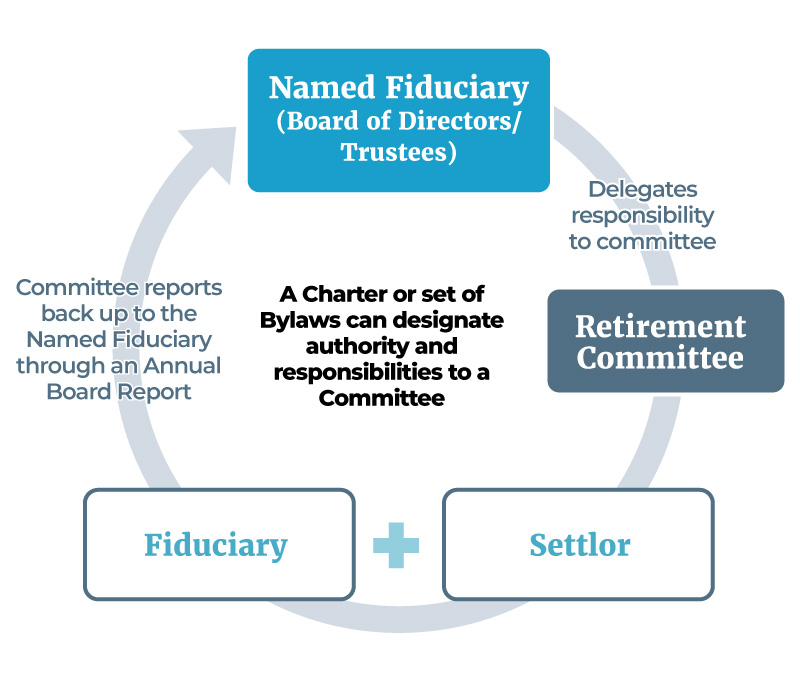
Mark L. Blom, CFP®
Managing Director, Senior Wealth Manager
Mark is a CERTIFIED FINANCIAL PLANNER™ professional and his main responsibilities include managing and monitoring client portfolios, researching and monitoring our mutual fund investments, financial planning and reviewing portfolios with clients. Prior to joining our team, Mark was involved in portfolio and wealth management at Charles Schwab & Co. and Clarity Financial, LLC.
Mark earned a bachelor’s degree in Business Management from Central College.
Outside of my professional career I am passionate about:
I am passionate about living life and fully engaging in many activities; tennis, pickleball, working out, family, yard work, photography, and football.
What drew you to the wealth management industry?
What drew me into wealth management was being able to work in an industry that centered on investing and having your money working for you.
What is the most rewarding part of being a BFSG Team Member?
The teamwork, collaboration, and being around great people.
The one word or phrase that best describes me is:
The word that best describes me would be Disciplined.
What’s the best piece of advice you have ever been given and how might this apply to your role here at BFSG?
Work hard and do the right thing even when no one is watching.





